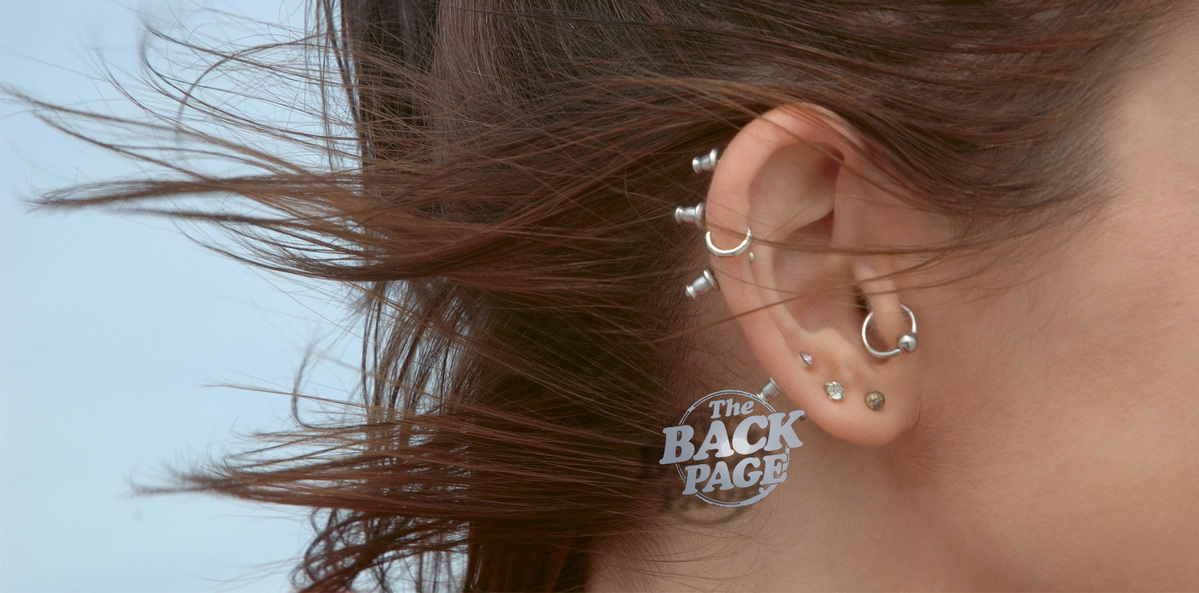Those skin piercings are more experimental than you might think.
Your ageing Back Page scribbler is a piercing-free zone.
As a younger man he once toyed with the idea of puncturing and adorning his left earlobe, but upon reflection decided that his shell-like already had one functioning hole in it and that would probably suffice.
While good decision-making could hardly be considered a youthful forte, new research out of Canada suggests that this conservative approach was on the money, at least when it comes to messing around with the skin microbiome of the earlobe.
Publishing in the journal, Proceedings of the Royal Society B: Biological Sciences, boffins from McGill University said the human practice of ear piercing provided an excellent template for studying the community assembly of bacteria after “rapid environmental change”.
They found that even though people usually had their skin sterilised before a piercing, these sites quickly ended up with a greater diversity of bacteria living there than on regular earlobe skin, and the process of piercing changed the local microbiome.
Moreover, the piercings caused a shift towards moist skin microbiome which they said could be because piercings could potentially trap moisture.
The researchers said they observed “changes in two dominant and medically relevant antagonists, Cutibacterium acnes and Staphylococcus epidermidis, consistent with competitive exclusion induced by a transition to moist environments”.
Both those species of bacteria are common in skin infections, although it is only when one or the other becomes dominant that an infection occurs.
Because skin piercing was a “uniquely human cultural practice”, it represented an example of ecosystem self-engineering of an ecological landscape that could provide general insights into biological responses to rapid environmental change, with implications for both ecosystems and human health, the researchers said.
Quite what those implications might be, we are left none the wiser.
But in the meantime, a big shout out to all my pierced brethren and keep up the good work. Science will thank you one day.
Share your piercing insights with penny@medicalrepublic.com.au.


